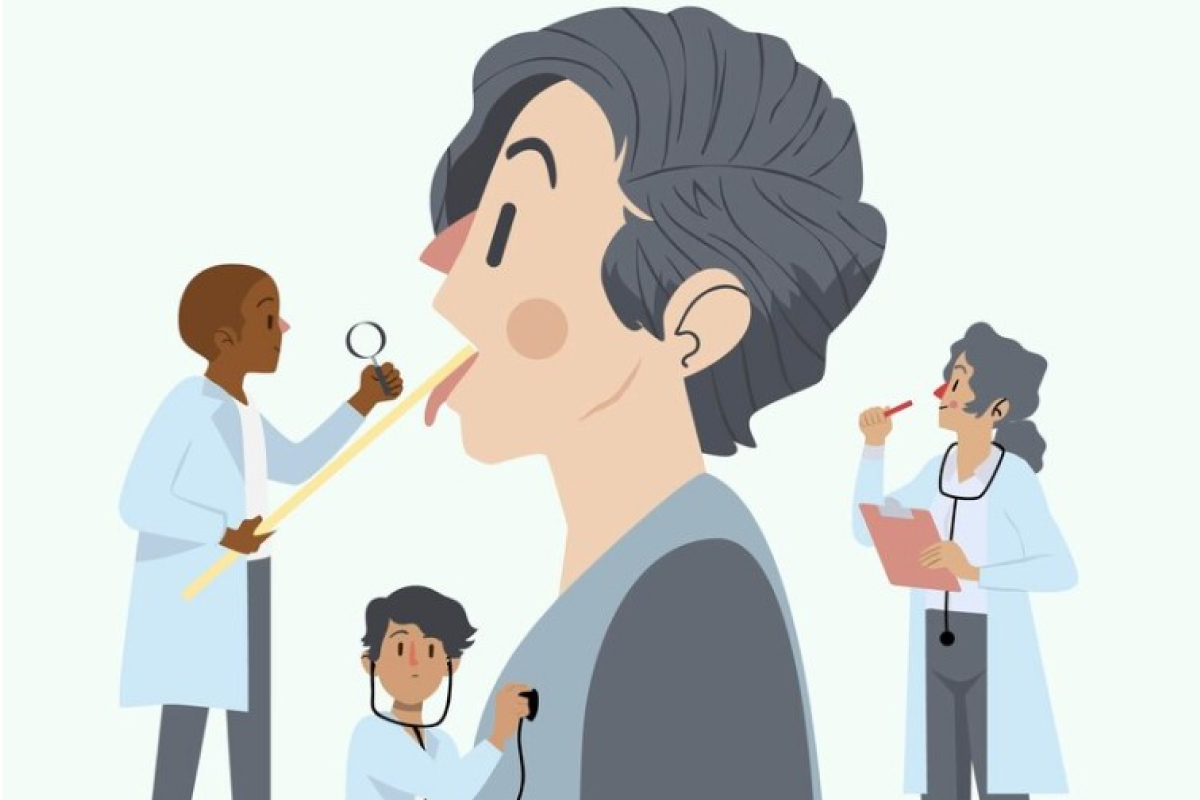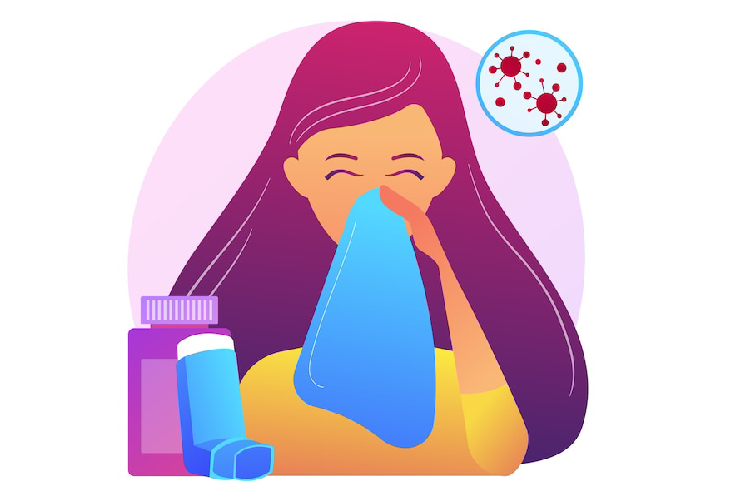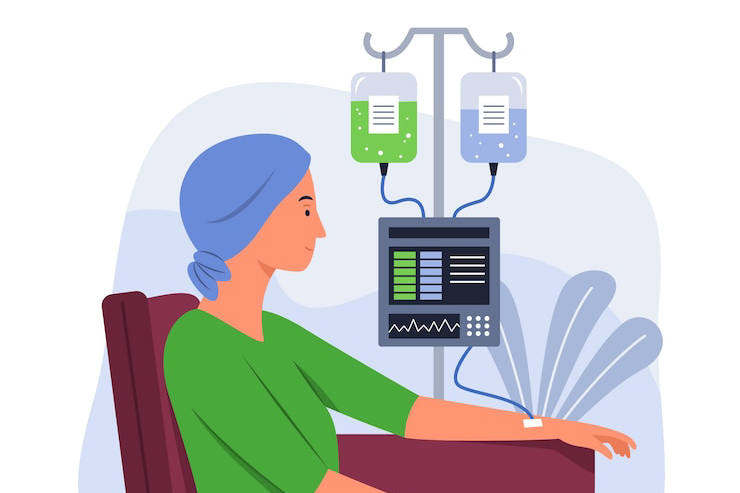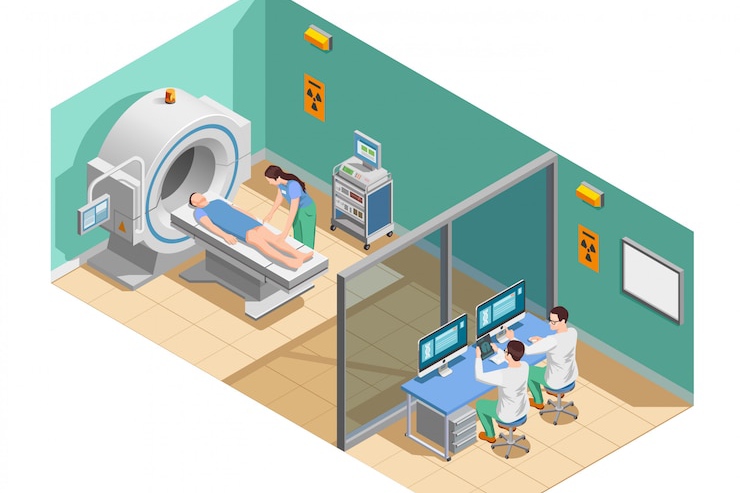
Introduction:
Welcome to our exploration of the intricate connection between your ears, nose, and throat. In this blog post, we delve into the fascinating ways these vital parts of your anatomy are interconnected and how their health can impact each other. Join us on this journey to uncover the secrets behind your senses and vocal abilities.
The Anatomy of Connection:
The ears, nose, and throat may seem like distinct entities, but they are closely linked both anatomically and functionally. Let's start with the nose, our primary organ of smell and the gateway for air to enter our respiratory system. The nasal passages connect directly to the throat, allowing for the passage of air and facilitating the sense of smell.
Moving on to the ears, the Eustachian tube, a narrow passage that connects the middle ear to the back of the nose and throat, plays a crucial role in equalizing pressure and draining fluids from the ears. Dysfunction in this tube can lead to ear infections and hearing problems.
Finally, we come to the throat, which serves as a common pathway for both air and food. It houses the vocal cords and plays a vital role in speech and swallowing. The throat is also connected to the ears through the Eustachian tube, making it susceptible to infections and inflammation that can affect both hearing and balance.
Impact on Health: Nose, Ears, Throat
Understanding the interconnectedness and significance of the nose, ears, and throat is paramount for maintaining optimal health. Here at ITM Hospital Gwalior, we recognize the profound impact that conditions affecting these areas can have on overall well-being. Let's explore the critical role each plays in your health:
1. Respiratory Function:
The nose serves as the entry point for air into the respiratory system. Its intricate structure filters out impurities, humidifies and warms the air, and facilitates the sense of smell. Conditions like sinusitis, allergies, and nasal polyps can disrupt these functions, leading to symptoms such as congestion, difficulty breathing, and decreased airflow, impacting respiratory health.
2. Auditory Sensation and Balance:
Ears are not only responsible for hearing but also play a crucial role in maintaining balance and spatial orientation. The Eustachian tube, connecting the middle ear to the back of the nose and throat, regulates pressure and fluid balance. Issues like ear infections, otitis media, or Eustachian tube dysfunction can lead to hearing loss, vertigo, and a sense of imbalance, affecting overall well-being and quality of life.
3. Swallowing and Speech:
The throat is a complex structure involved in swallowing, breathing, and speech production. Disorders such as tonsillitis, laryngitis, or vocal cord nodules can hinder these functions, causing pain, difficulty swallowing, hoarseness, or changes in voice quality. These issues not only impact communication but can also affect nutritional intake and overall health.
4. Quality of Life:
Beyond medical treatments, we embrace a holistic approach to patient care that addresses the physical, emotional, and psychological well-being of our patients. Our healthcare team works collaboratively to provide comprehensive support, education, and resources to help patients and their families navigate their healthcare journey with confidence and peace of mind.
5. Psychological Well-being:
The psychological impact of ear, nose, and throat conditions should not be overlooked. Hearing loss, chronic sinusitis, or voice disorders can lead to feelings of frustration, isolation, and even depression. Addressing these issues through comprehensive care and support is essential for promoting mental health and overall wellness.
6. Preventive Care and Treatment:
Preventive measures and prompt treatment are essential for maintaining ear, nose, and throat health. This includes practicing good hygiene, avoiding exposure to allergens and pollutants, and seeking medical attention for any concerning symptoms. Our team of experienced ENT specialists at ITM Hospital Gwalior offers comprehensive care, advanced diagnostics, and personalized treatment plans to address a wide range of ear, nose, and throat conditions.
Treatment and Care:
When it comes to caring for your ears, nose, and throat, a holistic approach is key. This includes practicing good hygiene, avoiding irritants and allergens, and seeking prompt medical attention for any symptoms or concerns.
Treatment options may vary depending on the specific condition but can include medications, nasal irrigation, allergy management, and in some cases, surgical intervention. Maintaining a healthy lifestyle, including regular exercise and a balanced diet, can also help support the overall health of these interconnected systems.
Conclusion:
Your ears, nose, and throat are more connected than you may realize, working together seamlessly to facilitate essential functions like breathing, smelling, tasting, hearing, and speaking. By understanding this intricate relationship and taking steps to care for each component, you can help ensure optimal health and well-being for years to come.
At ITM Hospital Gwalior, we are dedicated to providing comprehensive care for all aspects of your health, including your ears, nose, and throat. If you have any concerns or would like to schedule an appointment with one of our specialists, please don't hesitate to contact us. Your health is our priority. Stay tuned for more informative articles and updates from our team!



